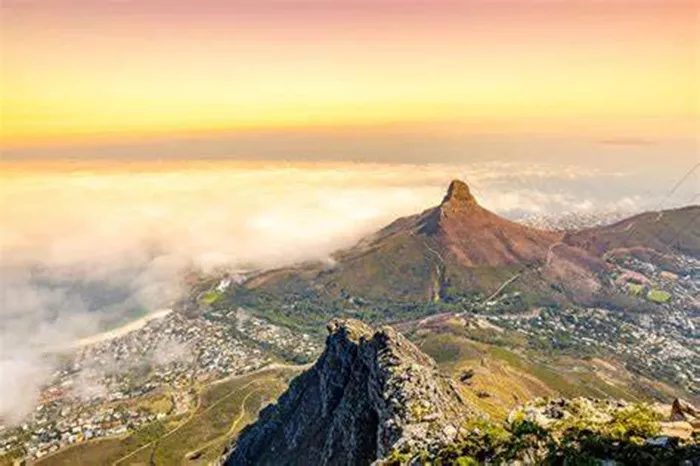In a recent and distressing turn of events, the Eastern Cape province in South Africa has been severely battered by extreme weather, leading to significant disruptions in local tourism.
Since [start time of the extreme weather], a combination of heavy floods and blizzards has swept across the region. As of [report time], this devastating weather has already claimed the lives of at least seven people, leaving the local community in mourning. The extreme conditions have also paralyzed transportation in many areas. Major roads in the province, including those crucial for tourist travel, have been either flooded or blocked by snow, making them impassable.
For instance, in Mthatha city, continuous torrential rains have triggered severe floods, submerging numerous residential houses and leaving residents stranded. Meanwhile, in the Barkly area, heavy snowfall has forced the closure of multiple roads, halting the flow of vehicles. The N2 highway, an important artery for both locals and tourists traveling between different parts of the province, has been partially closed due to the adverse weather conditions, with sections covered in snow or inundated by floodwaters.
Tourism, a significant industry in South Africa, is now facing a major setback in the Eastern Cape. Popular tourist attractions in the area, such as wildlife reserves and coastal resorts, have seen a sharp decline in visitor numbers. Many tourists who had planned trips to the region have either postponed or canceled their itineraries due to safety concerns and transportation difficulties. Tour operators are also struggling, as they have to rearrange schedules, find alternative routes, or refund customers.
Local rescue teams have been actively involved in the relief efforts, but the extreme weather has made their work extremely challenging. The South African government and relevant departments are assessing the full extent of the disaster and are stepping up efforts to deal with the situation.
Travelers are advised to closely monitor weather forecasts and official announcements before planning any trips to the Eastern Cape in South Africa. It is also recommended to consider alternative travel destinations until the weather situation improves and transportation returns to normal. This extreme weather event serves as a reminder of the increasing vulnerability of the tourism industry to the impacts of climate change and the importance of being prepared for such natural disasters.
Related Topics:
- Mongolia Optimizes Visa Policies to Attract Chinese Tourists
- Midwest Unveils 5 Key New and Renovated Group Facilities
- Intense Eruption of Mount Etna in Italy Sends Tourists Scrambling

